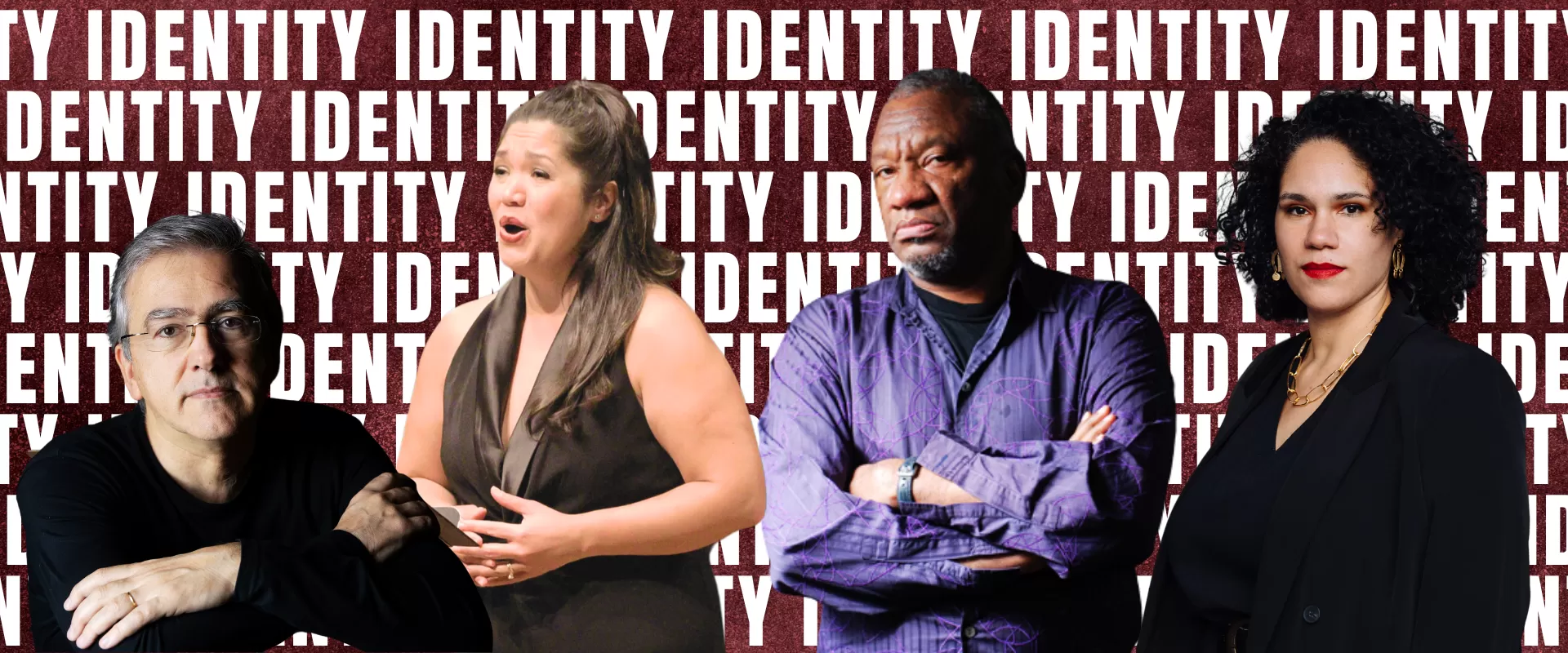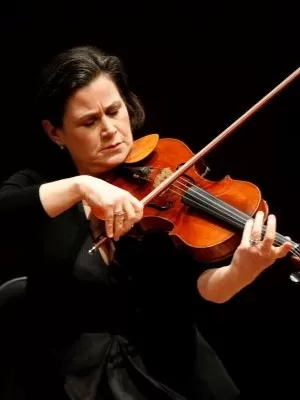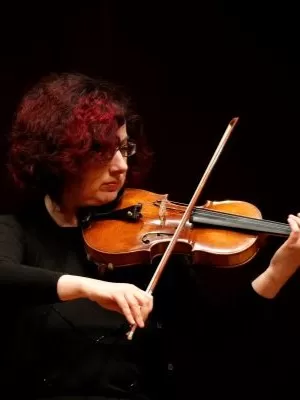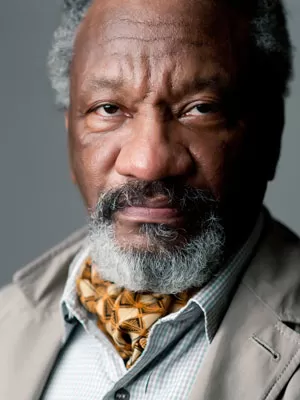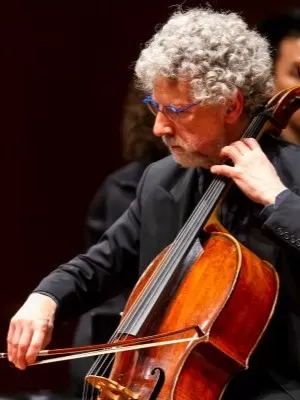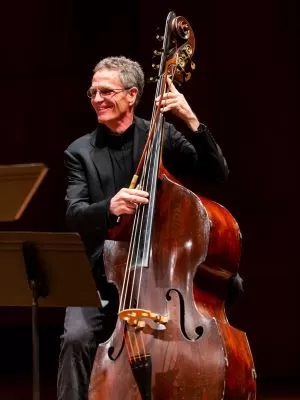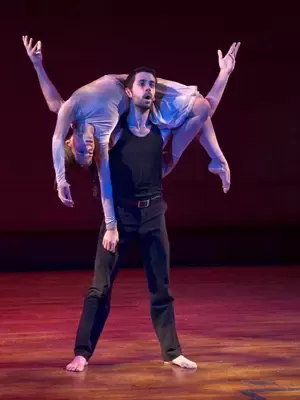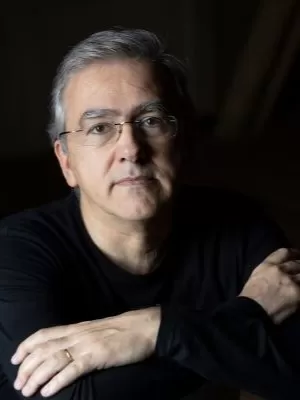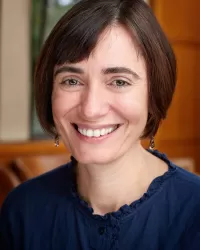IDENTITY
Works by three prominent Black American composers — Carlos Simon, Rhiannon Giddens and Jessie Montgomery — trace an arc from the time of slavery to the Jim Crow era to the present day. New choreography by Spectrum Dance Theater’s Donald Byrd enhances Montgomery’s Source Code, built on motifs from Black American spirituals. A world premiere from Portuguese composer Luís Tinoco about the “Crypto-Jews” forced by the Inquisition to conceal their identity. Plus Michel Michelet’s Elegie and Carpathian Rhapsody by Myroslav Skoryk, a Ukrainian composer whose music at this time of the Russian invasion is seen as a spiritual embodiment of Ukraine’s cultural identity.
Guest artists: soprano Vanessa Isiguen and dancers from Spectrum Dance Theater.
Special guests: choreographer Donald Byrd and composer Luís Tinoco.
Full Concert Program:
Elegie (1923)
Michel Michelet (b. Kiev, 1894 – d. Los Angeles, 1995)
Tribulations (2025)
Luís Tinoco (b. Lisbon, 1969)
Carpathian Rhapsody (1959)
Myroslav Skoryk (b. Lviv, Ukraine, 1938 – d. Kyiv, Ukraine, 2020)
Remember Me from Requiem for the Enslaved (2021)
Carlos Simon (b. Washington, DC, 1986)
Last Kind Words
Geeshie Wiley (1930)
Arranged by Jacob Garchik for the Kronos String Quartet (2014)
At The Purchaser’s Option with variations (2016)
Rhiannon Giddens (b. Greensboro, NC, 1977)
Source Code (2013)
Jessie Montgomery (b. New York City, 1981)
New dances by Spectrum Dance Theater’s Donald Byrd (2025)
World Premiere commissioned by Music of Remembrance
Music of Remembrance Ensemble:
Laura DeLuca, clarinet; Mikhail Shmidt, violin; Natasha Bazhanov, violin; Susan Gulkis Assadi, viola
Walter Gray, cello; Jonathan Green, double bass; Cristina Valdes, piano
Soloist: Vanessa Isiguen, soprano
